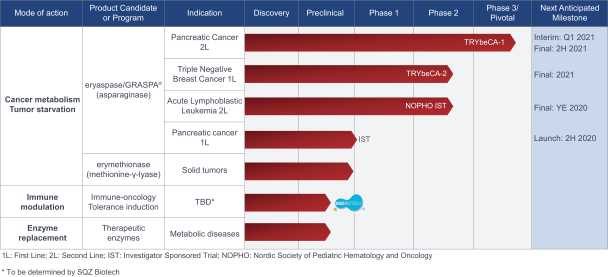“Distributable Profits” consist of our statutory net profit in each fiscal year, calculated in accordance with accounting standards applicable in France, as increased or reduced by any profit or loss carried forward from prior years, less any contributions to the reserve accounts pursuant to French law.
Legal Reserve. Pursuant to French law, we must allocate 5% of our statutory net profit for each year to our legal reserve fund before dividends may be paid with respect to that year. Funds must be allocated until the amount in the legal reserve is equal to 10% of the aggregate par value of the issued and outstanding share capital.
Approval of Dividends. Pursuant to French law, our board of directors may propose a dividend for approval by the shareholders at the annual ordinary general meeting.
Upon recommendation of our board of directors, our shareholders may decide to allocate all or part of any distributable profits to special or general reserves, to carry them forward to the next fiscal year as retained earnings or to allocate them to the shareholders as dividends. However, dividends may not be distributed when our net assets are or would become as a result of such distribution lower than the amount of the share capital plus the amount of the legal reserves which, under French law, may not be distributed to shareholders. The amount of our share capital plus the amount of our legal reserves which may not be distributed was equal to €1,795,611.50 at June 26, 2020.
Our board of directors may distribute interim dividends after the end of the fiscal year but before the approval of the financial statements for the relevant fiscal year when the interim balance sheet, established during such year and certified by an auditor, reflects that we have earned distributable profits since the close of the last financial year, after recognizing the necessary depreciation and provisions and after deducting prior losses, if any, and the sums to be allocated to reserves, as required by law or the bylaws, and including any retained earnings. The amount of such interim dividends may not exceed the amount of the profit so defined.
Pursuant to French legislation, if a dividend is declared we may be required to pay a dividend tax in an amount equal to 3% of the aggregate dividend paid by us. However, the European Court of Justice, or ECJ, has ruled that the 3% dividend tax may not be applied to redistribution of dividends we receive from our subsidiaries established in another Member State of the EU, in that it creates double taxation of profits made within the EU as prohibited by Article 9 of the Parent-Subsidiary directive (ECJ, 1st ch. May 17, 2017, case C-365/16 AFEP).
Distribution of Dividends. Dividends are distributed to shareholders pro rata according to their respective holdings of shares. In the case of interim dividends, distributions are made to shareholders on the date set by our board of directors during the meeting in which the distribution of interim dividends is approved. The actual dividend payment date is decided by the shareholders at an ordinary general shareholders’ meeting or by our board of directors in the absence of such a decision by the shareholders. Shareholders that own shares on the actual payment date are entitled to the dividend.
Shareholders may be granted an option to receive dividends in cash or in shares, in accordance with legal conditions. The conditions for payment of dividends in cash shall be set at the shareholders’ meeting or, failing this, by the board of directors.
Timing of Payment. Pursuant to French law, dividends must be paid within a maximum of nine months after the close of the relevant fiscal year, unless extended by court order. Dividends not claimed within five years after the payment date shall be deemed to expire and revert to the French state.
Voting Rights. Each share shall entitle its holder to vote and be represented in the shareholders’ meetings in accordance with the provisions of French law and of our bylaws. Ownership of one share implies, ipso jure, adherence to our bylaws and the decisions of the shareholders’ meeting.
In general, each shareholder is entitled to one vote per share at any general shareholders’ meeting. Pursuant to our bylaws, however, a double voting right is attached to each registered share which is held in the name of the same shareholder for at least two years. Under French law, ordinary bearer shares are not eligible for double
18



